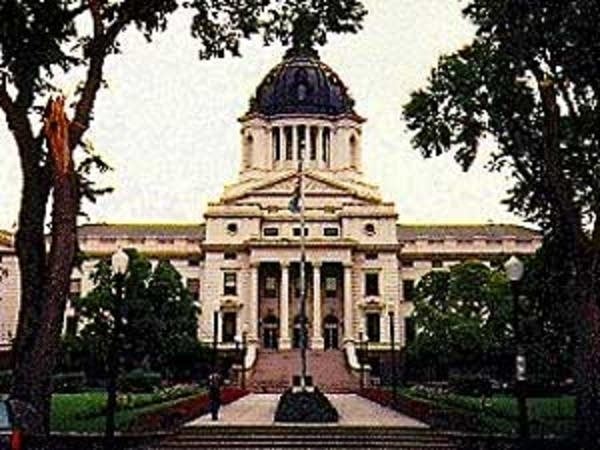S.D. lawmakers approve changes in farmland property tax assessment
Go Deeper.
Create an account or log in to save stories.
Like this?
Thanks for liking this story! We have added it to a list of your favorite stories.

South Dakota is playing catch-up when it comes to assessing farmland. Many states have already switched over to a system that's based on income off the land rather than the land's sale value. South Dakota lawmakers have been struggling with the issue for several years. A recent study concluded that South Dakota should follow the trend.
South Dakota State Sen. Dave Knudson (R-Sioux Falls) says the state is in a crisis situation when it comes to assessing farm land.
"There are billions of dollars on a market basis that are not being recognized," said Knudson.
We had more questions than answers, and so we're just not sure how the implementation of this is going to go.
For example, in many counties land is assessed at $300 an acre, but it sells for nearly ten times that amount. Knudson says basing land value on the income the land makes the owner would better reflect the true value of the land. But it's going to take a formula to make it work.
Turn Up Your Support
MPR News helps you turn down the noise and build shared understanding. Turn up your support for this public resource and keep trusted journalism accessible to all.
A legislative committee would develop that formula using this year's income levels. The new assessments won't go into effect until 2010.
Sen. Knudson says the move is not about making more money for the state. In fact, statewide property tax income will be flat, but Knudson says it'll have a very different impact on each county.
"There are some counties who's ag values will go up in some cases dramatically," explained Knudson. "And similarly some who will decline. So even though it will be revenue neutral on an aggregate statewide basis, there will be significant variations from county to county."
South Dakota's general operating budget is derived from property taxes. The state does not have a personal income tax, so landowners won't see any other changes to their tax bill.
One region of the state that would see a big change is the Black Hills in South Dakota. Darlene Piekcola is the Lawrence county assessor. She says her county will see a dramatic increase in land values. She estimates as much as 35 percent.
Piekcola is also the president of the state Assessing Officers Association. The group testified against the legislation, because the tax formulas will be determined by a state committee, not local property assessors.
"We had more questions than answers, and so we're just not sure how the implementation of this is going to go. The second thing we're concerned with if some one tries to appeal the numbers, we didn't establish them so there's nothing we can do to adjust them
Piekcola says if county officials play no role in the land valuations, they won't know if the valuation is a true representation of the productivity of the land.
Legislators acknowledge that concern and say the new system will most likely need some modifications as it goes into effect.
Gov. Mike Rounds has not indicated if he will sign the legislation.





